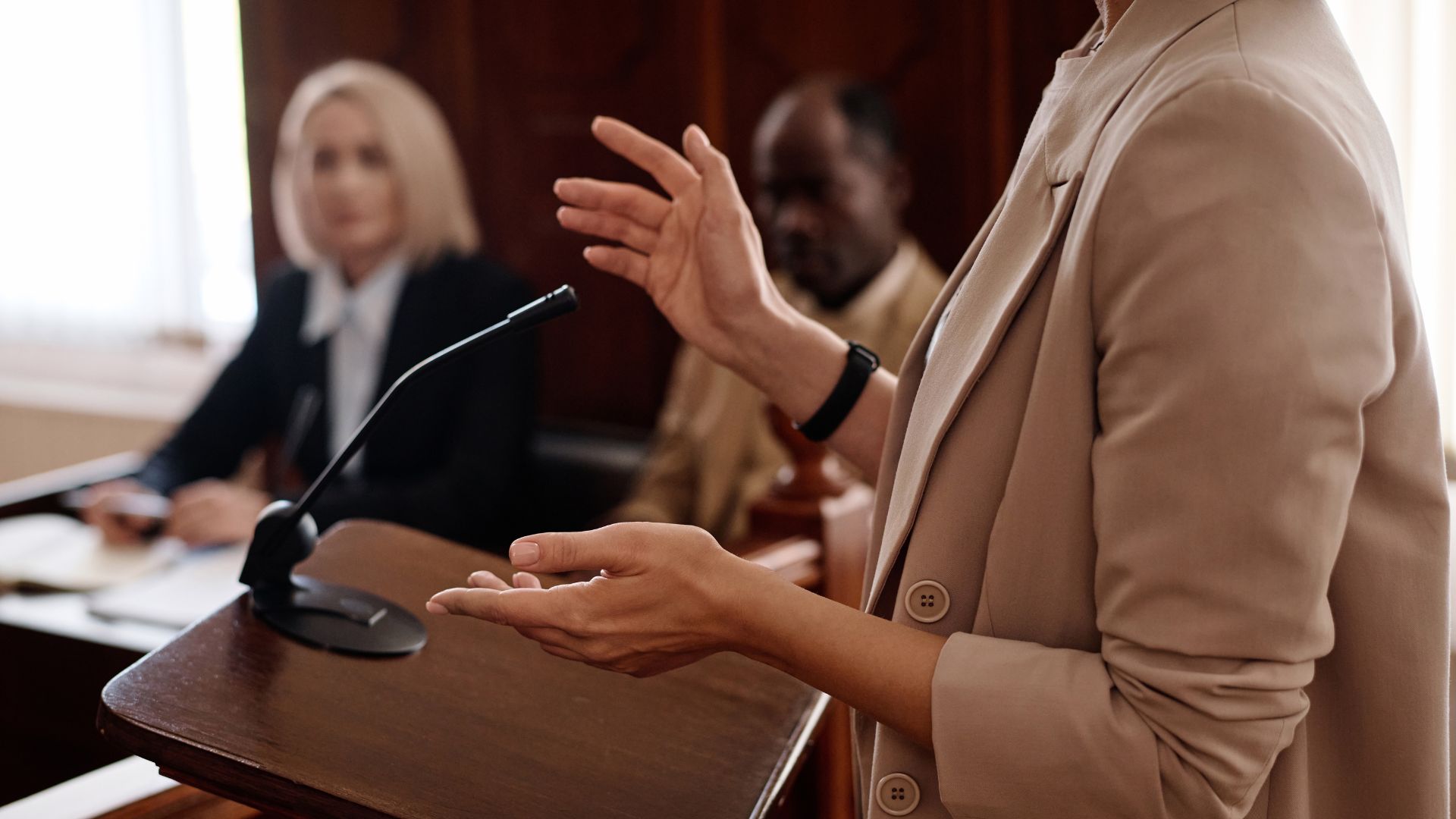In international arbitration, every word counts. And when it comes to the hearing of witnesses, the translation of testimony can have a direct impact on the outcome of the dispute. Whether you're a lawyer, arbitrator or in-house counsel, you need to be able to rely on a legal translation that is accurate, rigorous and adapted to the requirements of international law.
Why is the translation of a witness hearing so sensitive?
During arbitration, the hearing of witnesses is often a key element. It helps to clarify the facts, complete an argument or contradict an opposing version. However, in a multilingual, cross-border environment, testimony is often given in one language and used in another - whether orally or in writing.
➡️ If the translation is approximate, a poorly rendered nuance can alter the meaning of the statement, weaken evidence or undermine the credibility of a witness.
High demands on terminology and form
Translating the testimony of a witness means more than simply rendering words. It's about understanding:
- The legal and factual context of the dispute,
- The linguistic subtleties of oral depositions,
- The style and intention of the witness,
- The role of the exhibit in arbitration proceedings.
Certain legal formulas, idiomatic expressions and cultural references must be transposed accurately to avoid any risk of misinterpretation.
For example, the distinction between a statement "to the best of my knowledge" and "I swear that..." may seem trivial, but has a different legal significance.
The need for specialized legal translators
Only translators with dual expertise - legal and linguistic - can guarantee a faithful translation of the original, in line with international arbitration practices.
At Legal 230, our translators are trained in the specificities of arbitration proceedings, whether in international commercial law, contractual disputes or investor-state disputes. We understand the constraints of deadlines, confidentiality and rigor imposed by arbitration jurisdictions (ICC, ICSID, LCIA, etc.).
Case study: testifying before a foreign tax authority
Let's take the example of an arbitration between a European and an American company concerning a patent transfer. A French-speaking former executive is called to testify. His testimony is added to the case file and forwarded to the US tax authorities to assess the abusive nature of a financial arrangement.
The translation must meet three imperatives:
- Respect tax and legal terminology specific to US law,
- Faithfully reproduce the witness's intention, including hesitations, rephrasing or oral clarifications,
- Conform to the standards expected by authorities and referees.
This type of assignment cannot be entrusted to a general translator.
Your legal security also depends on the quality of your translation
When it comes to hearing witnesses, translation is more than just a linguistic support. It's a strategic link in your argument. A poor translation can be exploited by the opposing party, or even lead to the inadmissibility of a witness.
That's why we recommend that you call on the services of legal translation experts.

